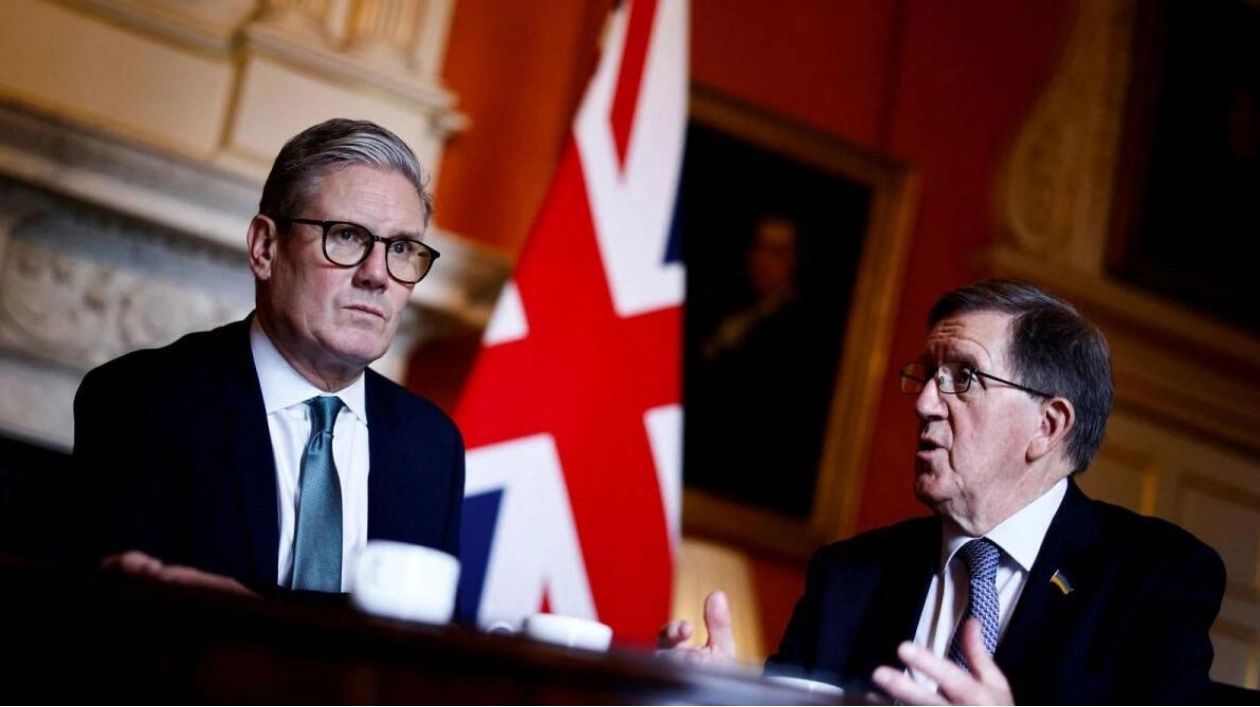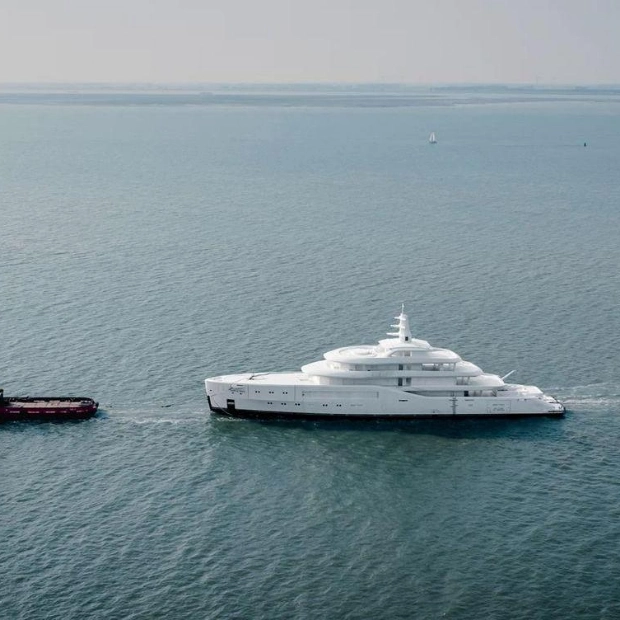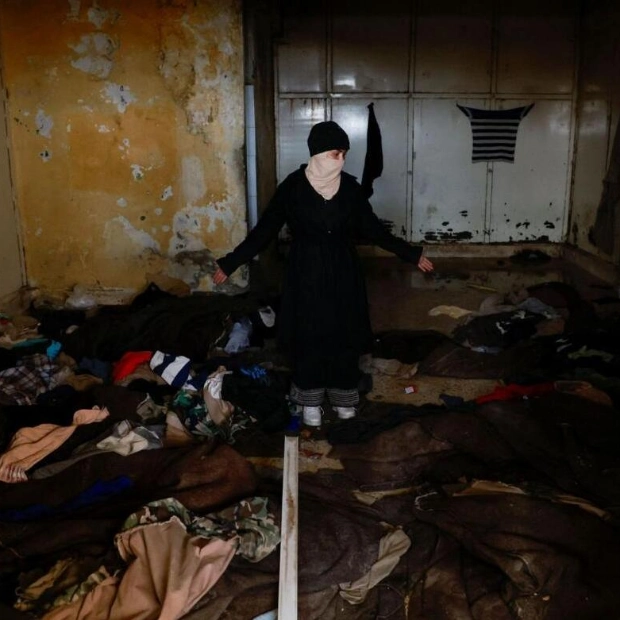Britain initiated a comprehensive evaluation of its military capabilities on Tuesday, led by the ex-NATO chief who cautioned that the global landscape is threatened by a 'deadly quartet' comprising China, Russia, Iran, and North Korea. The evaluation, commissioned by Labour Prime Minister Keir Starmer shortly after his return from a NATO summit, aims to chart a course for boosting defense expenditure to 2.5 percent of GDP. The Ministry of Defence announced that the Strategic Defence Review will commence 'immediately' due to the pressing nature of the threats to the UK, with a target to complete the report by the first half of 2025.
According to recent official data, the UK's defense spending in 2023 was 2.26 percent, compared to Poland's 3.83 percent, the United States' 3.36 percent, and France's 2.06 percent. The review is spearheaded by George Robertson, a former UK Defence Secretary under Tony Blair and NATO Secretary-General from 1999-2003, and includes foreign policy expert and former US presidential adviser Fiona Hill. Robertson highlighted during a briefing that the UK and its allies must be prepared to face the collective threat posed by China, Russia, Iran, and North Korea, noting a significant shift in global dynamics since his last tenure in government.
This review marks a change in tone from the previous Conservative government led by Rishi Sunak, which viewed Beijing as a 'systemic challenge,' aligning with NATO's toughened stance on China. Launched shortly after the new government took office, the review is a response to Conservative efforts questioning Labour's dedication to defense. Labour has criticized the Conservatives for weakening Britain's armed forces during their 14-year rule, particularly through personnel, unit, and equipment reductions. Prime Minister Starmer pointed out during the election campaign that the British Army, with approximately 75,000 regular soldiers, is at its smallest since the Napoleonic Wars, raising concerns about its warfighting capabilities.
At the recent NATO summit in Washington, Starmer reiterated the UK's backing for the Western military alliance and its firm commitment to allocating 2.5 percent of GDP to defense. The review, overseen by current Defence Secretary John Healey, aims to ensure that defense spending is increased responsibly. Healey emphasized that the review will position defense as integral to Britain's future security, economic growth, and prosperity.
The Defence Secretary had previously advocated for NATO to aim for a 2.5 percent defense spending target at the alliance's 75th-anniversary summit, following the 2014 commitment to reach a two percent goal. European nations yet to achieve the two percent target include the Netherlands, Germany, and Spain, all of which spend around 1.5 percent. Additional objectives of the review include strengthening Ukraine's resistance against Russian aggression and modernizing the UK's nuclear deterrent.






